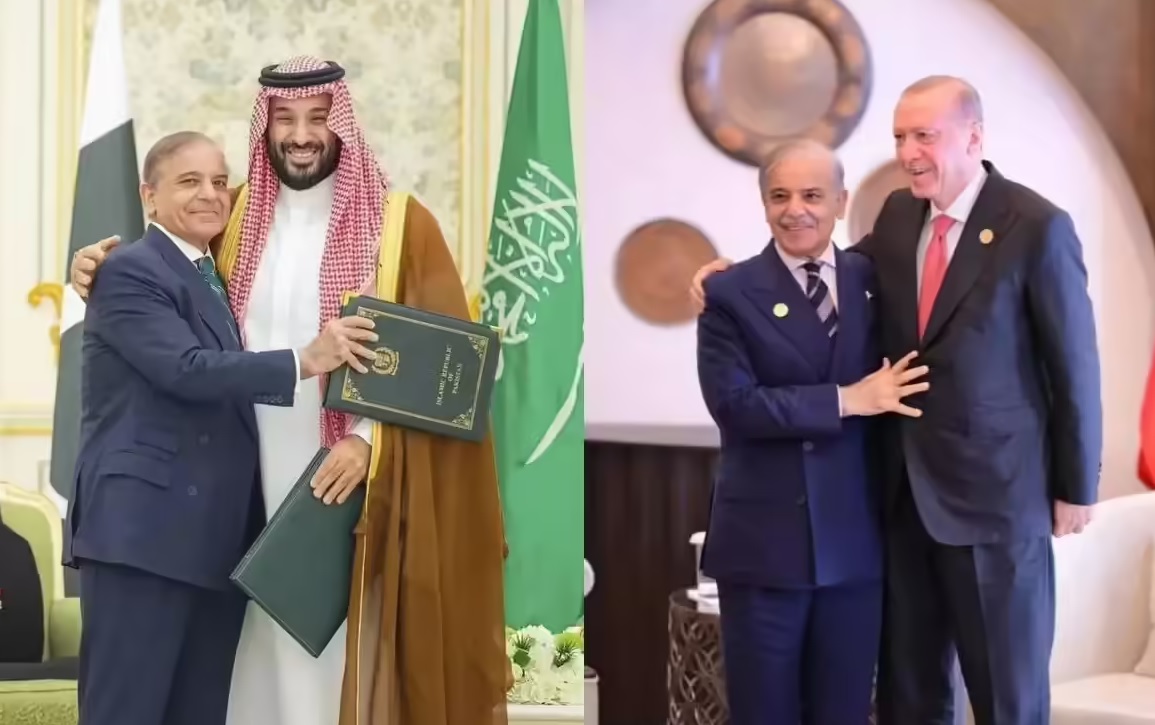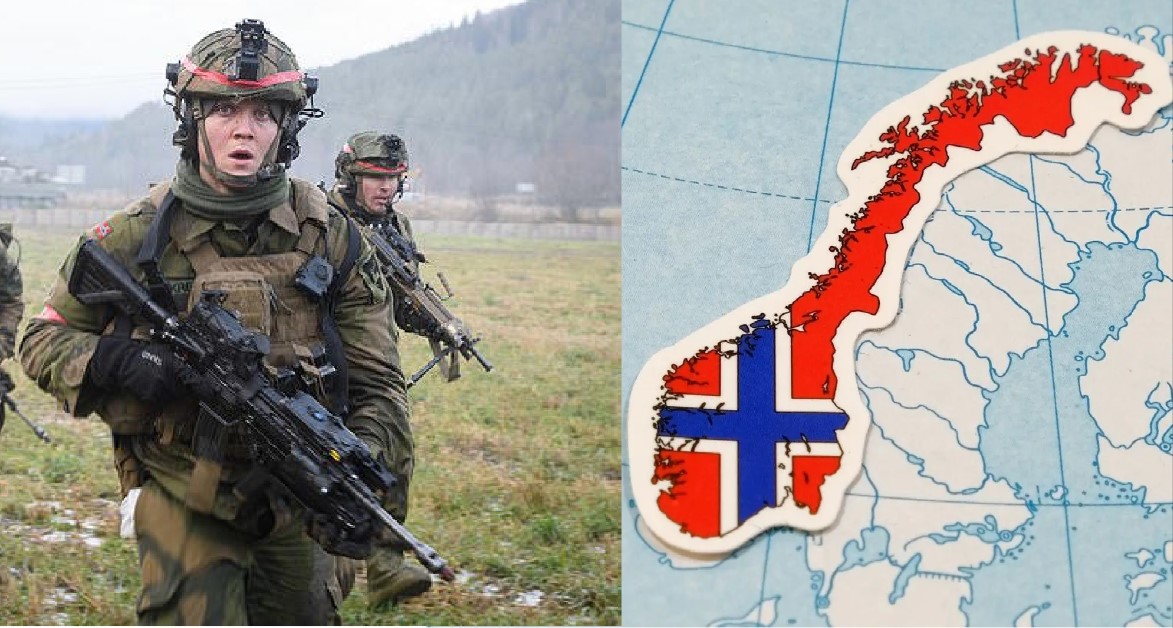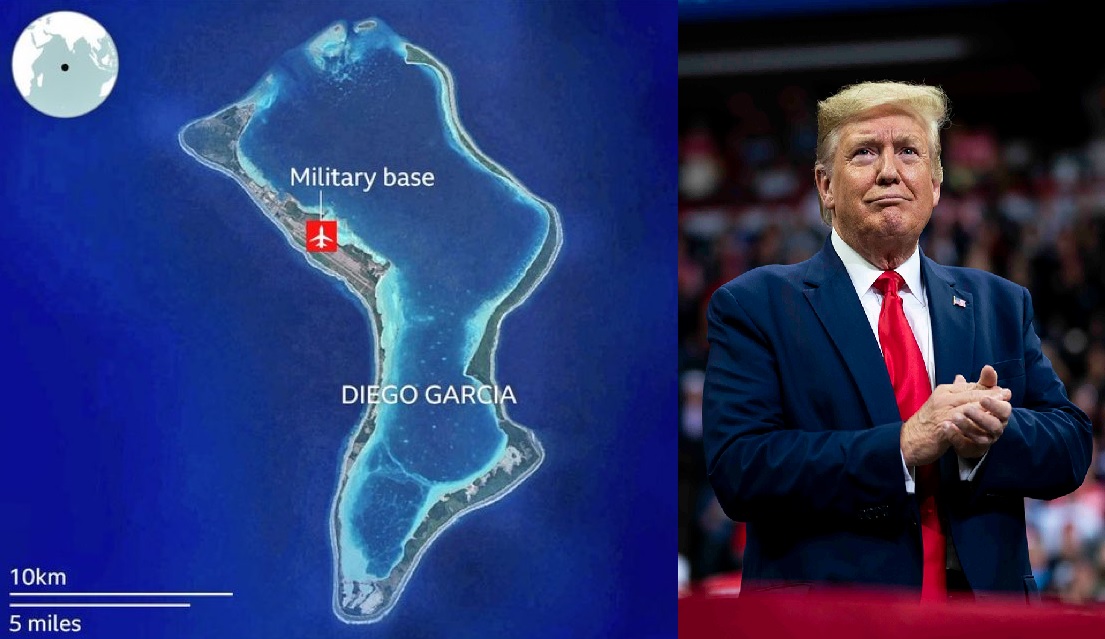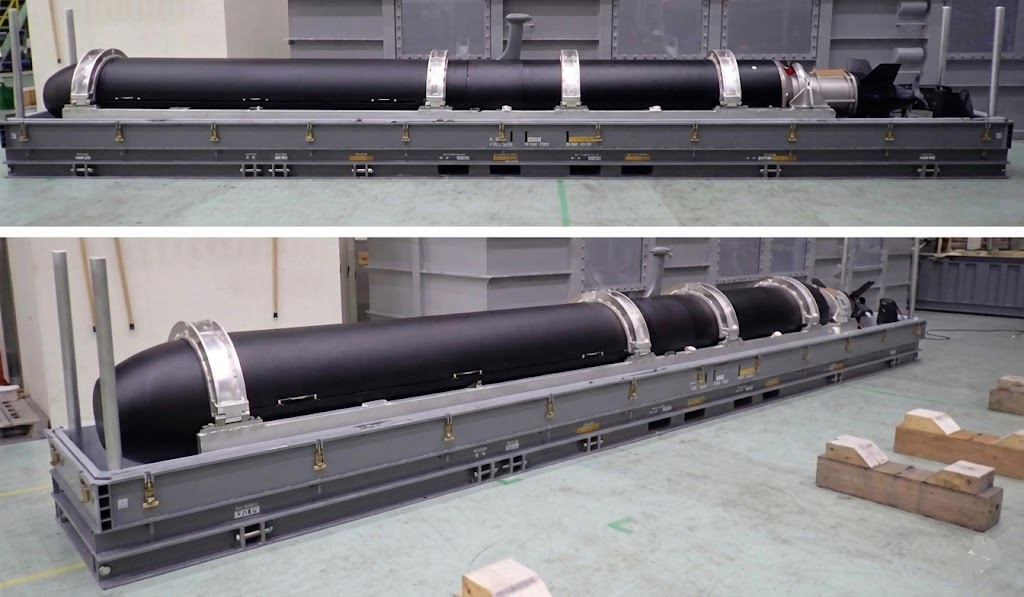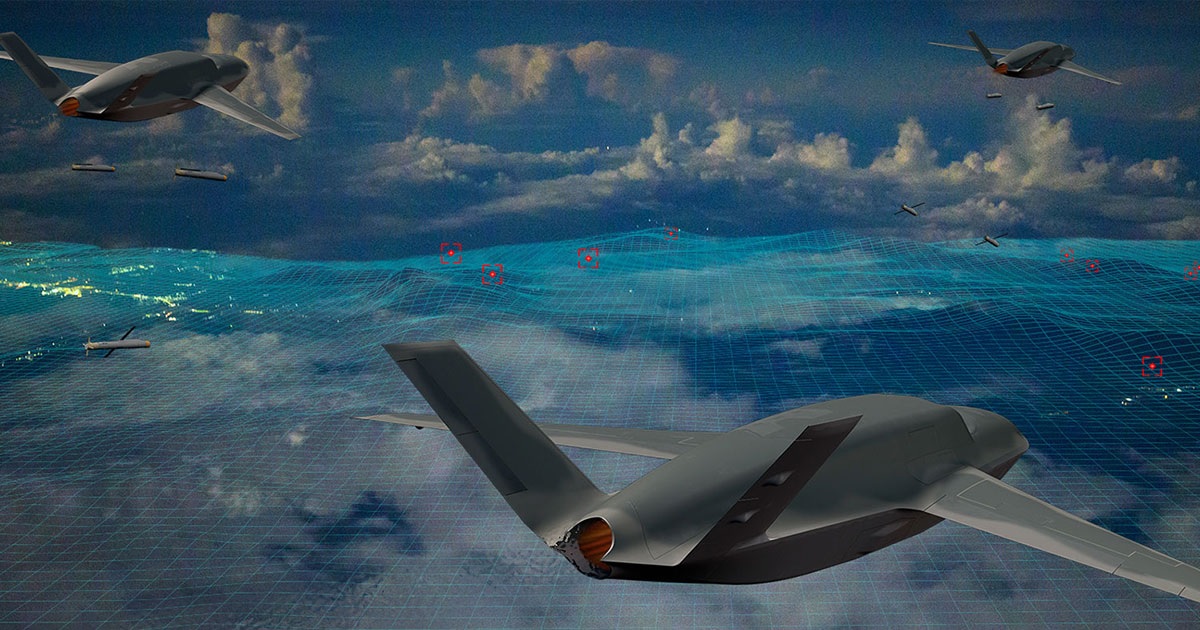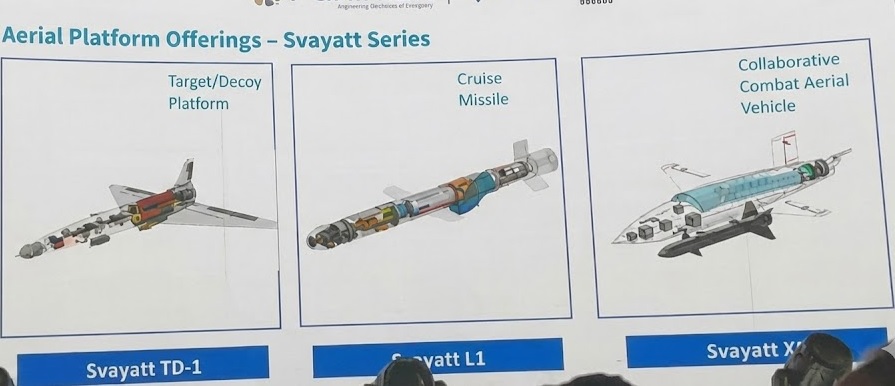France and Germany Push Dassault and Airbus to Resolve FCAS Dispute as €100 Billion Jet Program Nears Deadline

France and Germany have intensified pressure on Dassault Aviation and Airbus Defence and Space to resolve a long-running industrial dispute that now threatens the future of the €100 billion Future Combat Air System (FCAS), Europe’s most ambitious next-generation fighter program. With a critical mid-December deadline approaching, both governments are urging the two aerospace giants to sign a long-delayed cooperation agreement that has been stalled for years over disagreements on workshare, leadership, and access to sensitive technologies.
The FCAS project — jointly developed by France, Germany, and Spain — is intended to deliver a sixth-generation stealth fighter, loyal wingman drones, and a highly networked combat cloud capable of linking future European military platforms. But the core of the program has been repeatedly paralysed by deep divisions between Dassault and Airbus, raising concerns that Europe’s most important defence initiative could unravel.
What Is the Problem Between Dassault and Airbus?
At the heart of the dispute are three major points of contention:
1. Who leads the fighter jet design?
Dassault insists on retaining full authority over the Next Generation Fighter (NGF) — the centrepiece of FCAS. The French firm argues that as the designer of the Rafale and Mirage, it alone has the expertise and must act as the prime contractor. Airbus, however, demands a more equal leadership role, arguing that Germany’s industry cannot accept a subordinate position on a €100 billion program.
2. Access to critical “sovereign technologies.”
Dassault refuses to share certain sensitive, proprietary technologies — including flight-control systems, stealth design processes, and key avionics — citing national security and export regulations. Airbus argues that without shared access, the program cannot be truly joint and Germany will be unable to maintain or upgrade the aircraft independently in the future.
3. Workshare and industrial responsibilities.
France wants Dassault to handle core aircraft architecture, while Airbus performs more peripheral tasks. Germany insists on an even split. The dispute over dividing work for the NGF, remote carriers (drones), engines, and cloud systems has repeatedly halted progress.
These disagreements have caused the program to miss multiple milestones, push back contracts, and strain political confidence on both sides.
Governments Increase Pressure
French Defence Minister Sébastien Lecornu and German Defence Minister Boris Pistorius have jointly warned that time is running out. Both governments expect the companies to finalise a cooperation agreement before mid-December, stressing that further delays put the entire FCAS roadmap at risk.
Officials say the tensions have reached a point where political intervention has become unavoidable. The fear is that continued industrial deadlock could derail the “Phase 1B” development stage and cause long-term schedule slippages.
Fallback Options if Talks Collapse
Europe is now quietly preparing for the possibility that Dassault and Airbus fail to reach an accord. According to defence insiders, two fallback scenarios are being considered:
-
Each country develops its own next-generation jet, mirroring past divergences such as the Rafale-Eurofighter split.
-
FCAS is reduced to a shared “combat cloud”, with France and Germany producing separate fighter aircraft but integrating their digital networks.
Either option would significantly dilute the original FCAS vision of an integrated, pan-European air-combat ecosystem.
A Blow to Europe’s Strategic Autonomy
A collapse of FCAS would have far-reaching consequences. The program was conceived to strengthen Europe’s defence independence, reduce reliance on U.S. platforms, and unify European aerospace industries. Two separate jets would mean duplicated budgets, competing designs, and reduced interoperability — undermining the very goals FCAS was meant to achieve.
Analysts also note that delays have already caused program slippage. Even if an agreement is reached soon, lost time could push the first FCAS fighter well beyond its planned 2040 entry-into-service window.
For now, both Paris and Berlin are watching negotiations closely. The upcoming mid-December deadline is viewed as a decisive moment — one that will determine whether FCAS moves forward as Europe’s flagship future fighter, or fractures under the weight of industrial rivalry and competing national interests.
About the Author
Aditya Kumar:
Defense & Geopolitics Analyst
Aditya Kumar tracks military developments in South Asia, specializing in Indian missile technology and naval strategy.
